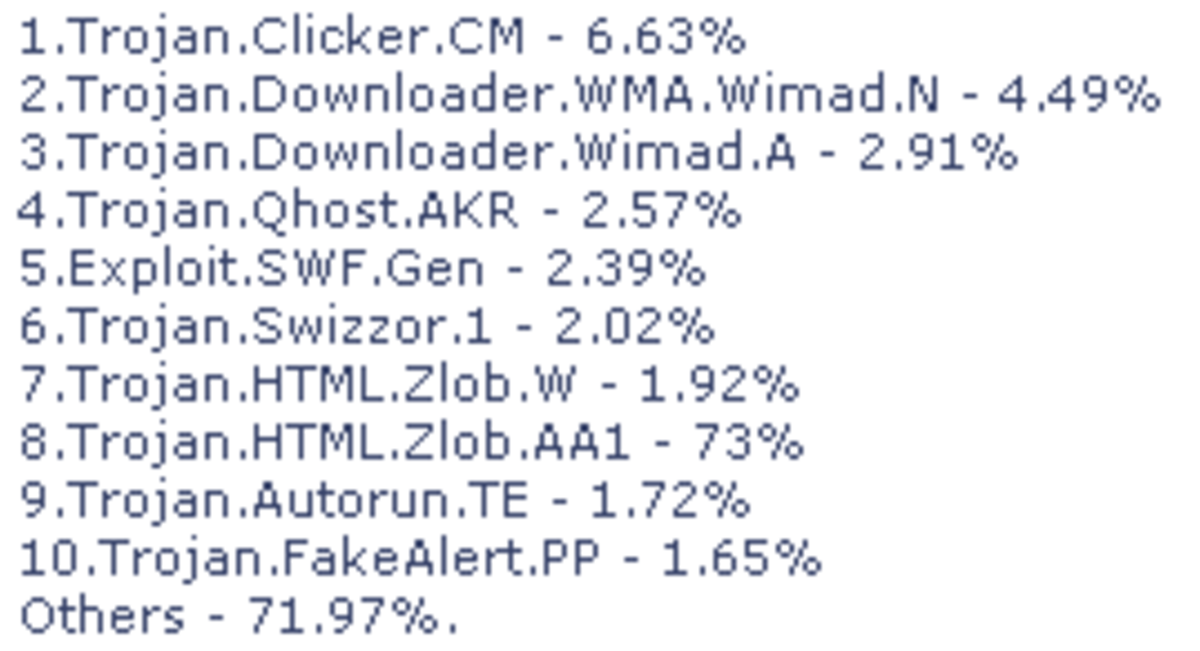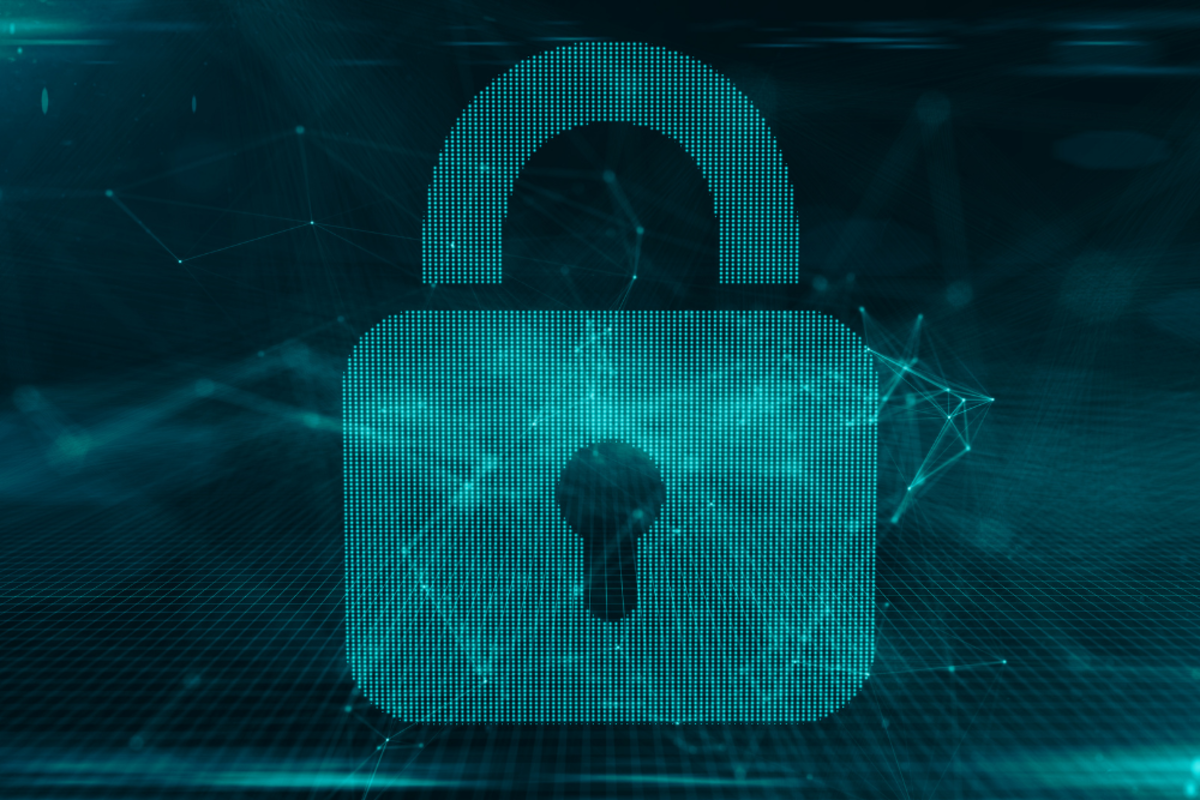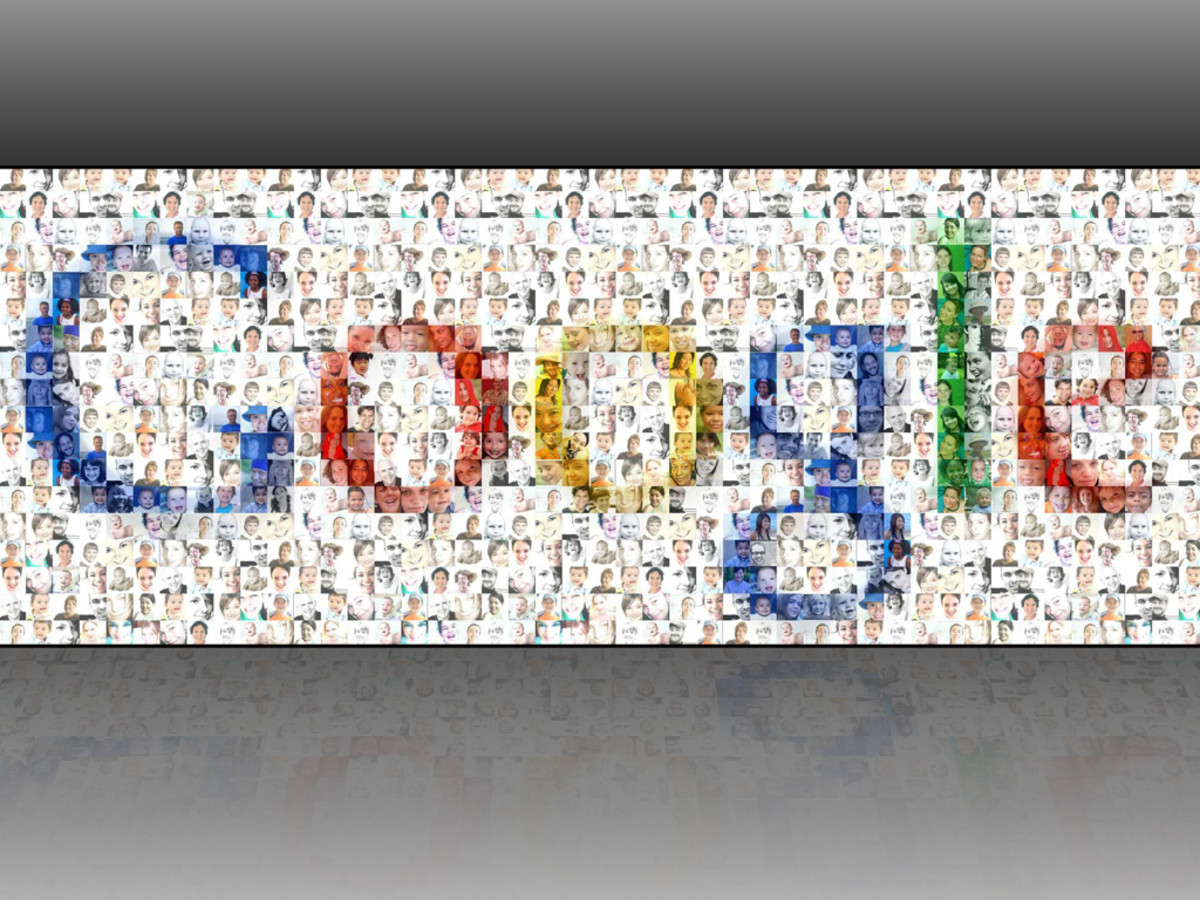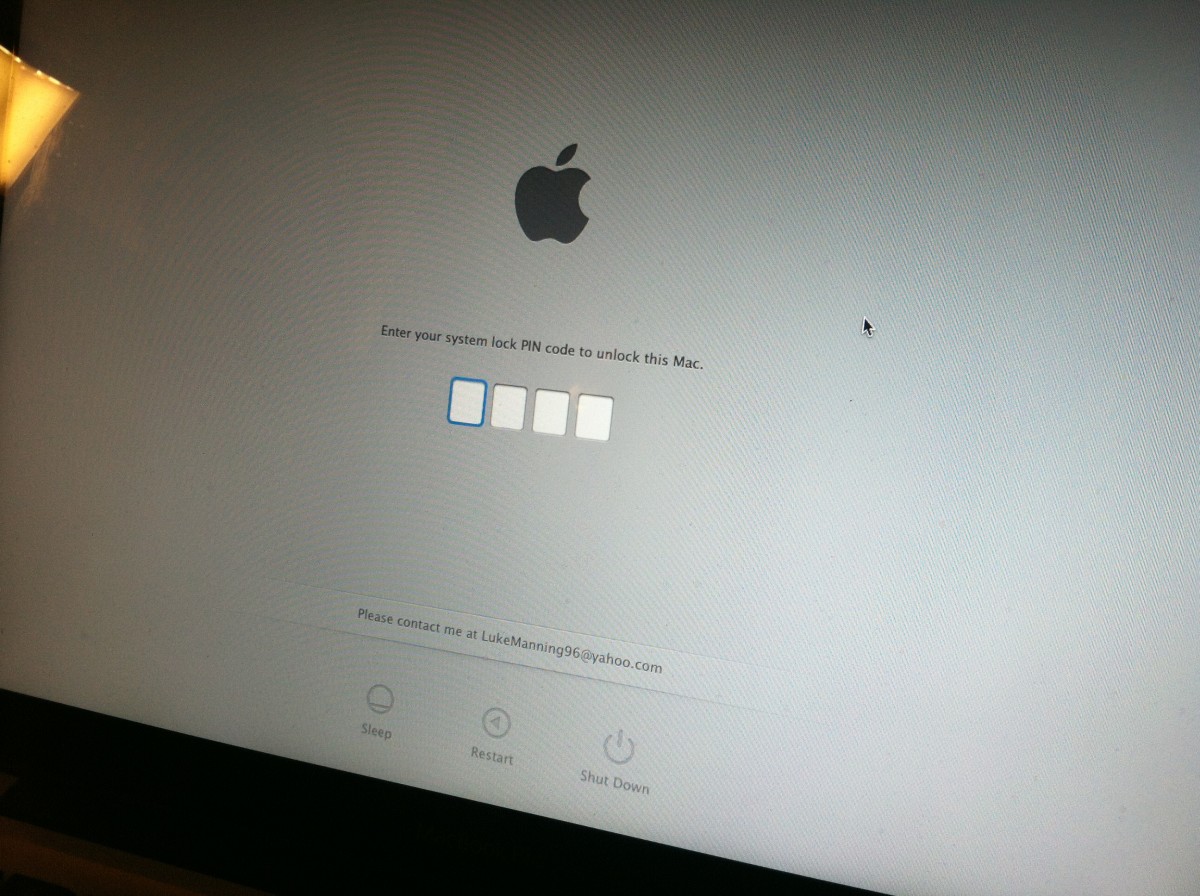- HubPages»
- Technology»
- Internet & the Web»
- Viruses, Spyware & Internet Security
Best ways to protect your computer from malwares and viruses

How to protect a computer from virus? What are Malwares?
Malwares are malicious software which include Viruses, Spywares, Key-loggers, Worms, Trojans, Ad-wares, etc which are specially programmed to cause damage or pose security threats to a system.
A virus is a type of malware that multiples by inserting copies of itself to damage the files, or hamper the boot sector of the hard drive. If replication succeeds, the affected areas are then said to be "infected". Viruses perform various types of harmful activity on infected data, such as stealing hard disk space or altering the CPU date and time, accessing private information, corrupting and damaging data, displaying absurd messages on the user's screen, spamming their contacts, or logging their keystrokes. Key-logger is special type of malware which if executed stores the keystrokes and by email, send the data to the programmer, hence valuable information is available and the user is prone to various attacks.
Listed below are few methods to help users to learn the way they can be attacked and protection they should use to safeguard their system.
Virus attacks by emails.
Most malwares enter a system through e-mail attachments. Never download e-mail attachments from an unidentified or unknown source. To elude the dangerous attachments, the programmers may compress the code into a .zip or .rar archive file. If the e-mail program is not adequately filtering spam from the inbox, consider additional spam filtering software. If the security software is a security suite, spam filtering may be a feature that needs to be switched on.
Freebies and Software installations
Download of “free ringtones”, “free images”, “free smiley” should be avoided, except from trustworthy sites. Most of the freebies contain harmful malware. Clicking on suspicious links should be avoided. If you are unaware about a particular site, do not visit it. Sponsored links and ads on blogs on various non-reputed websites are mainly scams and may contain malware, which may corrupt your system.
Download of software should only be from a reputed source, and one should always read the license agreement before installing a new software. All ways keep the softwares updated. It is also recommended to create a System Restore Point before installing a new software.

So how do you protect your computer ?
No computer is malware-proof by default. Turning on Automatic Updates and the built-in firewall system is helpful. Use of a third-party firewall is recommended for additional benefits, since Firewalls filters both incoming and outgoing data streams.
Install Anti-Virus software, free versions are often limited; therefore buy a well known anti-virus software. It must be set to regular updates over the internet. Update the virus database in your anti-virus program regularly. Some antivirus software blocks known malicious web sites that attempt to install malware. In addition, many websites run by antivirus software companies provide free online virus scanning, with limited cleaning facilities to provide a quick update on the system.
Microsoft provides software for the users named, Microsoft Security Essentials, (for Windows XP, Vista and Windows 7) for real-time protection, the Windows Malicious Software Removal Tool (now included with Windows (Security) Updates, and Windows Defender (an optional download in the case of Windows XP) which is quite helpful in safe-guarding a PC.
Do you keep Windows Firewall and Automatic Updates On?
Extra protective measures
Always keep two trusted Anti-spyware programs in the system, spy-wares and key-loggers are coded in a manner, such that they are not easily detected by anti-virus programs. It is highly recommended to scan a USB flash drive every time before accessing the contents; there may be malicious programs which may install itself on clicking.
Use of proper web browsers like Firefox, Chrome is advised since they control several pop-ups which may pose serious threats. Configure your web browsers to disable ActiveX, Java, and Javascript. You'll lose some of the fun the Web's been known for, but you'll save your computer from contracting a virus and speed up your connection.
Do you use Microsoft Protection software or Third party anti-virus programs?
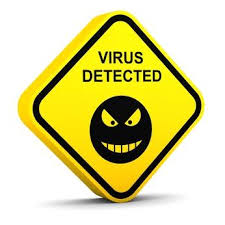
Last but not the least : Data Back-Up
Even with optimum protection, users fall prey to various malwares which delivers information to the programmers and damage useful data. Handling of important information should be done in a secured manner, and Data back up should always be maintained in case the system gets infected.


